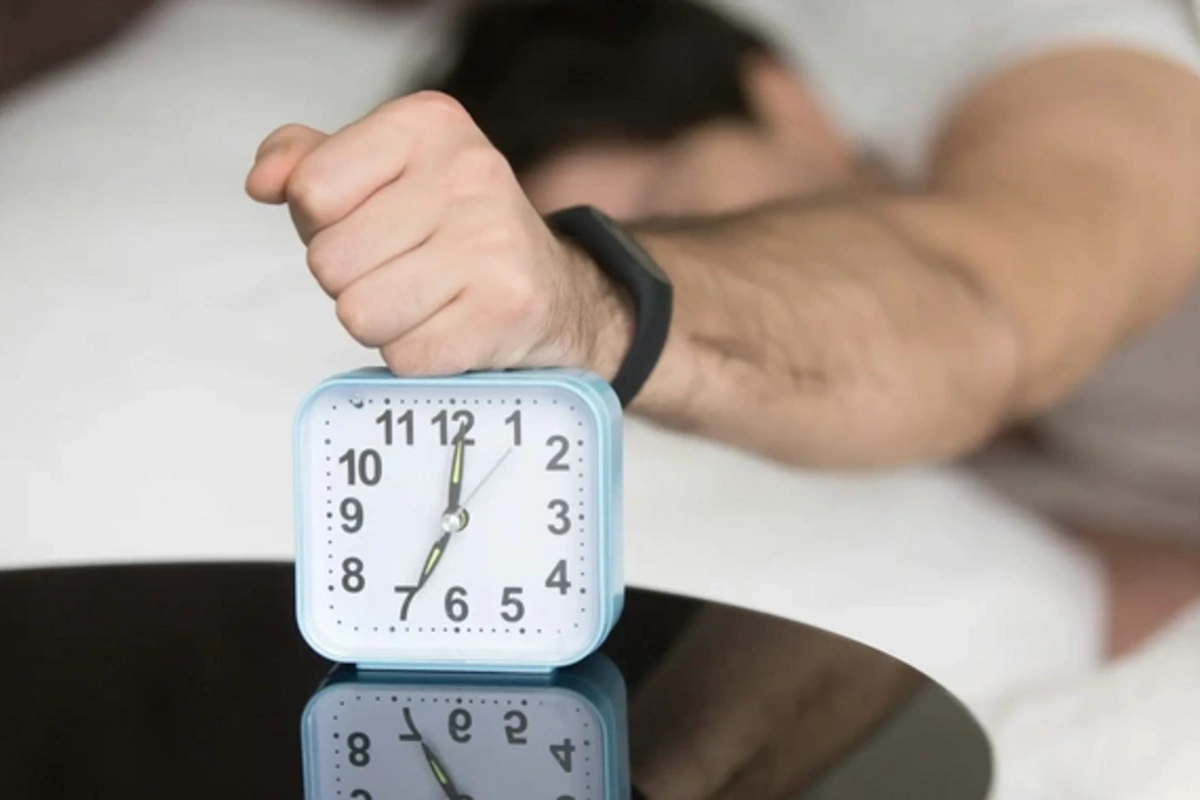25 May , 12:37
0

Scientists sound the alarm: snooze button lovers risk their memory and energy
Researchers from the University of Massachusetts have made a disturbing discovery for millions of people accustomed to postponing their morning wake-up. According to new data, pressing the "Snooze" button on an alarm clock can significantly impair memory and reduce the body's energy potential throughout the day.
The reason lies in the disruption of the critically important REM sleep phase - a period that occurs immediately before natural awakening and is characterized by intense brain activity.
In the study published in the prestigious journal Scientific Reports, scientists emphasize the irreplaceable role of REM sleep for emotional information processing and restoration of cognitive functions. The statistics proved disappointing: more than half of the experiment participants (55.6%) regularly use the snooze function, an average of 2.4 times each morning, extending sleep by approximately 10.8 minutes.
Experts warn that such intermittent awakening seriously disrupts the natural brain recovery processes that occur during the night. To maintain optimal brain function, specialists strongly recommend abandoning the habit of postponing getting up after the first alarm signal, thereby ensuring continuous and quality sleep.